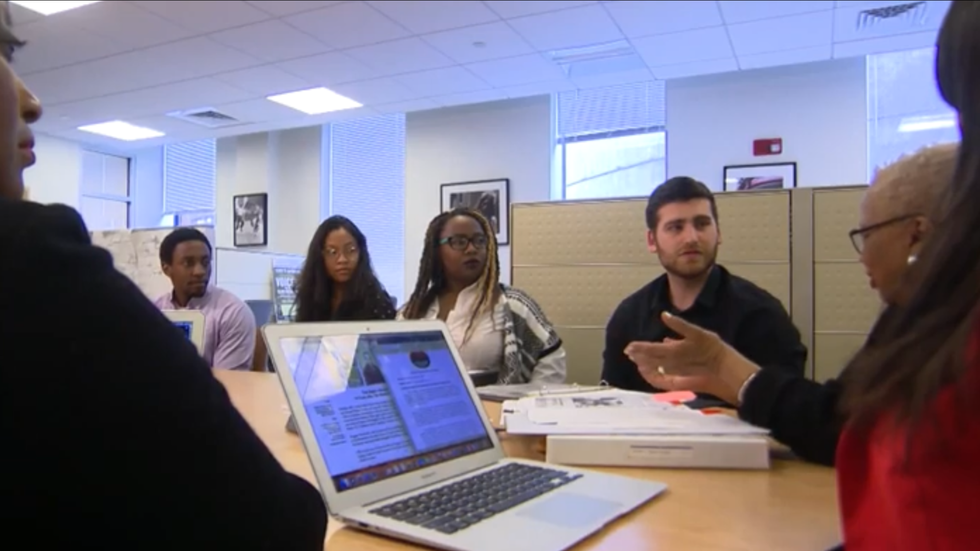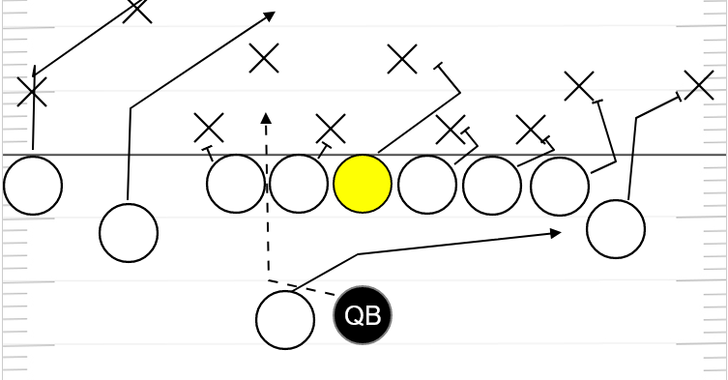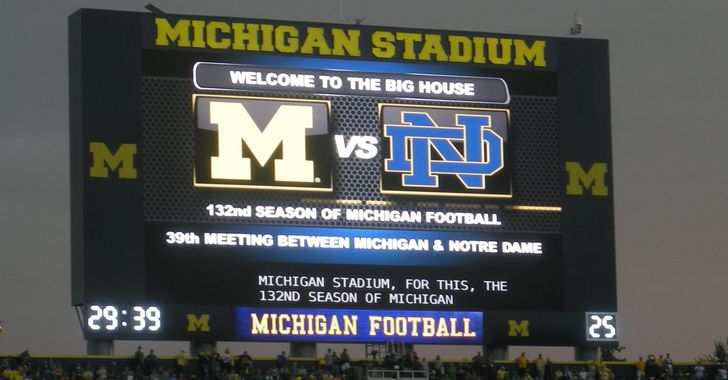A stirring incident occurred last week in Palmdale, California where a 24-year-old Black family man was found hanging from a tree in a public square. Just yesterday there was another similar incident. These hangings look like a trend that cannot be ignored. The Washington Post covered the incidents in an article called "Police say deaths of Black people by hanging are suicides. Many Black people aren't so sure." Within a month, six Black people have been found hanging from trees, in California, Georgia, New York, Oregon, and Texas.
And not every case is covered by The Washington Post. Some families have requested to keep the names of their loved ones out of social media. This includes finding a Black man hanging from a tree across a middle school. To respect his family's wishes I will not discuss his name or location of the incident. I will only discuss the trend of the cases where Black men are found hanging from trees in the middle of nowhere.
"Black people do commit suicide, of course, though the rate is 60 percent lower than for whites, according to data from the U.S. Department of Health and Human Services." - The Washington Post
Speculations are rising from the drastic increase in the kind of case that is being ruled as a suicide by local police because of the timing of the Black Lives Matter movement. The rise of these particular cases could possibly be backlash from BLM. My biggest questions are how were these men able to supposedly commit suicide by such an archaic method in public places and why weren't there any witnesses.
These cases are similar to the methods used by the Klu Klux Klan, which would lynch Black men to prove their "strength." What if these incidents were part of a new KKK responding to the BLM movement? As the Washington Post writes,
"Tree hangings evoke traumatic memories of America's grisly history of unpunished lynchings of thousands of black adults and children between 1880 and 1968."
Tree hangings like this go back hundreds of years. Northeastern University has been compiling data of lynching cases and anti-Back terrorism as part of their Civil Rights and Restorative Justice Project (CRRJ) with a unique archive on historical racial violence.
With Northeastern's School of Criminology & Criminal Justice and the College of Arts, Media, and Design, CRRJ initiated the Historical Injustices and Present Policing Project (HIPP). HIPP provides training for police officers that helps draw connections between this history and present issues in police practices.
According to Northeastern, the materials cover the following topics:
Historical racial violence and the role of law enforcement, including historical case studies and more recent examples.
Intergenerational trauma, collective memory, and the impact of this history on police-community relations today.
Restorative justice: how police departments and individual officers can take actionable steps to acknowledge and redress the ongoing legacies of this history.
As part of the Black Lives Matter movement, we have started a petition at Change.org to classify the KKK as a terrorist organization. Please sign the petition if you agree the KKK is a terrorist group.









 Photo by
Photo by 









































